Sex education debate: Lib Dems say 7-year-olds must learn facts of life
Labour back Lib Dem proposal, but why is sex education still such a controversial issue in the UK?
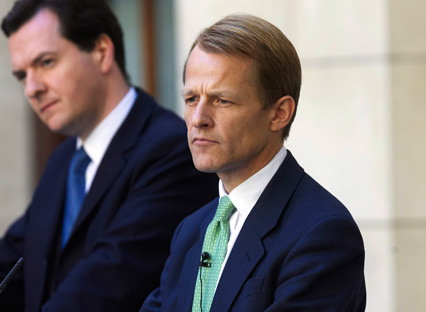
A free daily email with the biggest news stories of the day – and the best features from TheWeek.com
You are now subscribed
Your newsletter sign-up was successful
The Liberal Democrats have reignited the debate about sex education by calling for "age-appropriate" lessons about reproduction for children from the age of seven.
"We believe that by educating children about sex and relationships in an appropriate way, we can help them to make informed choices in their personal lives," said Lib Dem education minister David Laws, the Daily Telegraph reports.
Laws has said that lowering the age at which children receive sex education from eleven to seven will be included in his party's manifesto. He has also proposed that lessons be extended to all students, regardless of the type of school they attend.
The Week
Escape your echo chamber. Get the facts behind the news, plus analysis from multiple perspectives.

Sign up for The Week's Free Newsletters
From our morning news briefing to a weekly Good News Newsletter, get the best of The Week delivered directly to your inbox.
From our morning news briefing to a weekly Good News Newsletter, get the best of The Week delivered directly to your inbox.
Currently sex education is compulsory in state-run secondary schools but is not in academies or free schools, nor in primary schools. Parents have the right to withdraw their children from sex education lessons if they are under the age of 15.
Laws said the Lib Dems had consistently made the case to extend sex education to younger students, "but it is not something the Conservatives are open to", he said.
The social arguments
Britain has always had an "uncomfortable relationship" with sex education, writes Alex Stevenson for politics.co.uk. Sexual health charities have long campaigned for wider and more extensive sex education to be taught in schools. Its supporters argue that providing information early, long before teenagers begin having sex, better equips children to make informed choices and prevents unwanted pregnancies and the spread of sexually transmitted infections. However, opponents of sex education in schools argue that it removes a child's "innocence" and that parents should decide when – or even if – to broach the subject.
A free daily email with the biggest news stories of the day – and the best features from TheWeek.com
Last year, Ofsted published a report criticising the quality of sex education in schools, and a survey by the think-tank IPPR suggested that the majority of 18-year-olds were dissatisfied with the sex education they had been given. There is also concern that lessons might focus only on the "mechanics" of sex, with little discussion of other significant aspects such as consent and emotions.
The political arguments
Sex education, which has long divided political opinion, is also an area where "coalition tensions have been particularly strong", writes the Guardian's political correspondent Andrew Sparrow.
Conservatives have argued that the issue should be left to teachers, not politicians, while Labour has come out in support of the Lib Dem announcement, while criticising them for failing to act sooner.
"It is welcome that the Lib Dems have finally caught onto this agenda," said Labour's shadown Home Office minister Seema Malhotra. "But they have had four years in government to take some action and they have failed."
-
 How the FCC’s ‘equal time’ rule works
How the FCC’s ‘equal time’ rule worksIn the Spotlight The law is at the heart of the Colbert-CBS conflict
-
 What is the endgame in the DHS shutdown?
What is the endgame in the DHS shutdown?Today’s Big Question Democrats want to rein in ICE’s immigration crackdown
-
 ‘Poor time management isn’t just an inconvenience’
‘Poor time management isn’t just an inconvenience’Instant Opinion Opinion, comment and editorials of the day
-
 Ruth Perry: family blame Ofsted inspection for head teacher’s death
Ruth Perry: family blame Ofsted inspection for head teacher’s deathSpeed Read Report by schools watchdog into Reading primary school has led to ‘outpouring of angst’ about system
-
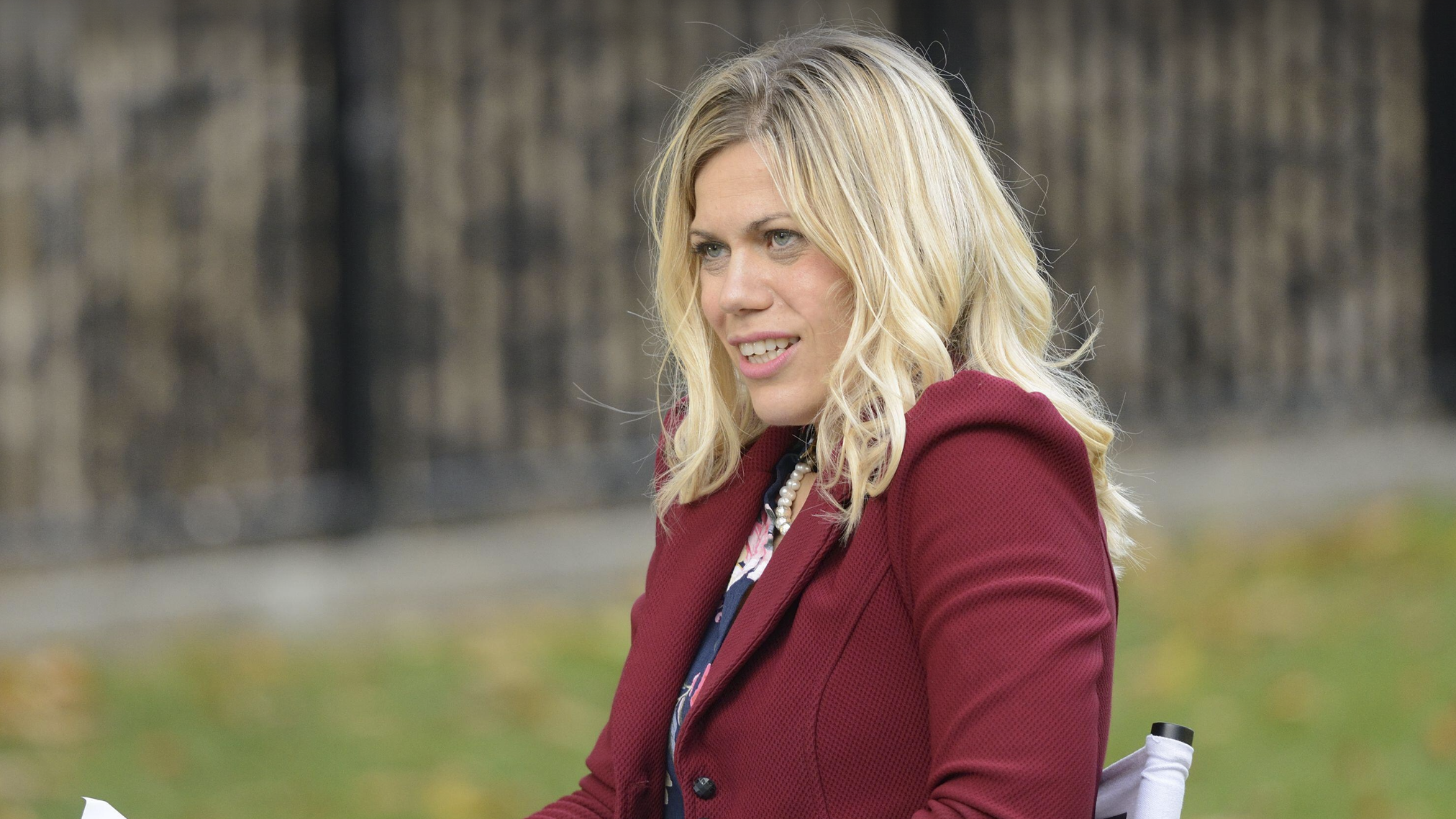 Sex education: a new moral panic?
Sex education: a new moral panic?Talking Point MP Miriam Cates believes relationship and sex education in schools is a ‘safeguarding scandal’
-
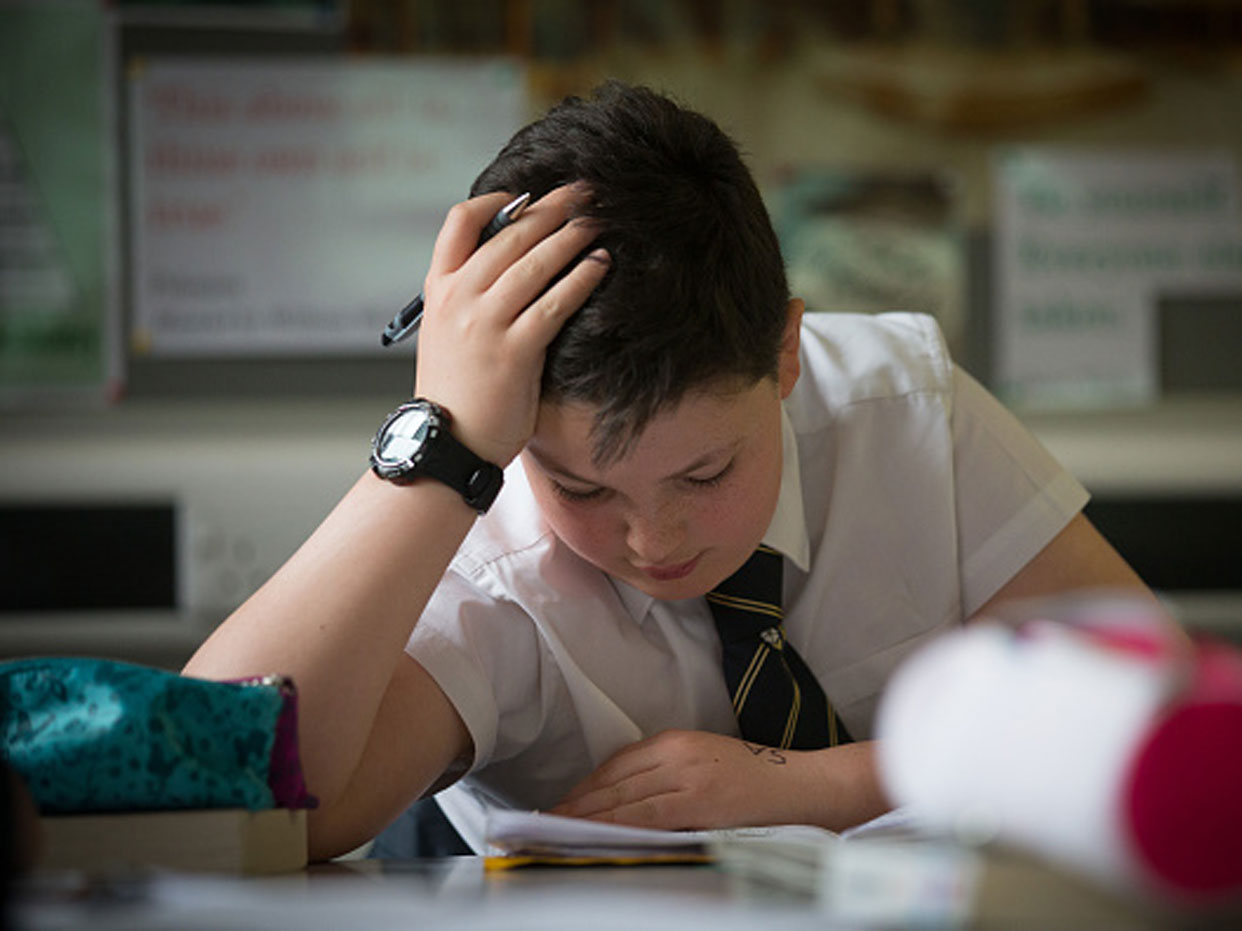 Ofsted’s widespread downgrading of British schools
Ofsted’s widespread downgrading of British schoolsfeature Watchdog says lower ratings show inspections are needed but teaching leaders voice their criticism
-
 Does Ofsted require improvement?
Does Ofsted require improvement?In the Spotlight Most teachers think the education watchdog does not drive up standards
-
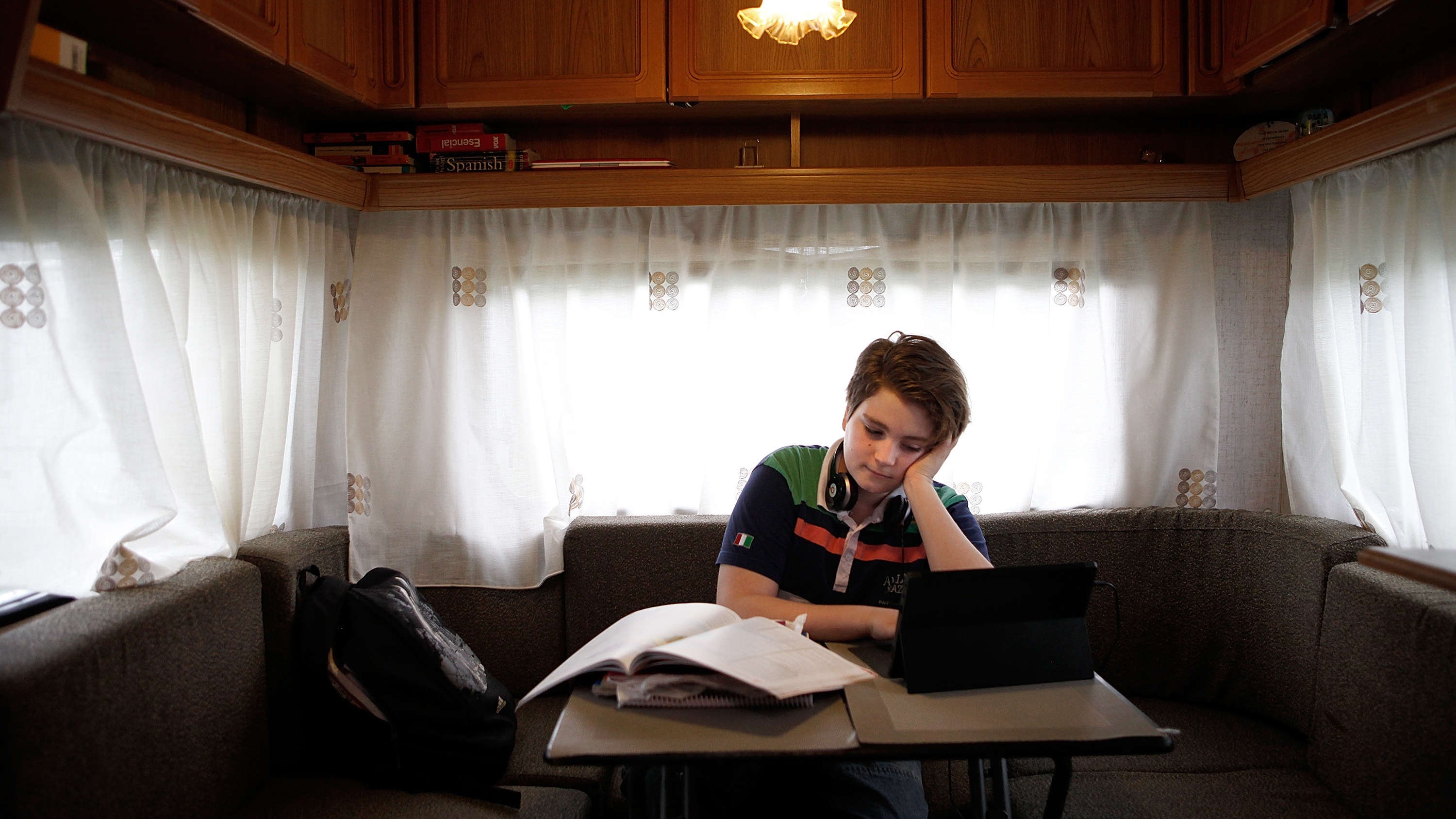 What’s behind the surge in homeschooling?
What’s behind the surge in homeschooling?Speed Read Number of children being educated at home has risen by 27% to almost 58,000
-
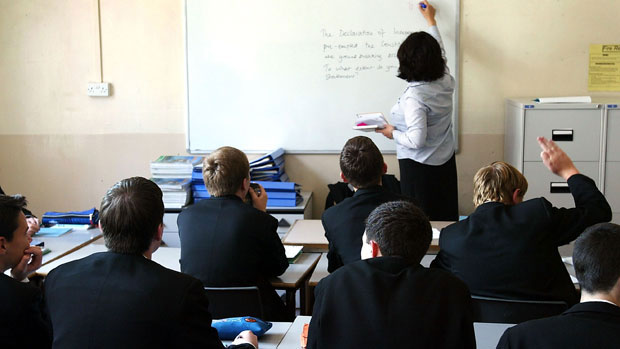 Schools to cover sexting, FGM and mental health
Schools to cover sexting, FGM and mental healthSpeed Read Opponents express 'grave concerns' about 'implications' of sex education
-
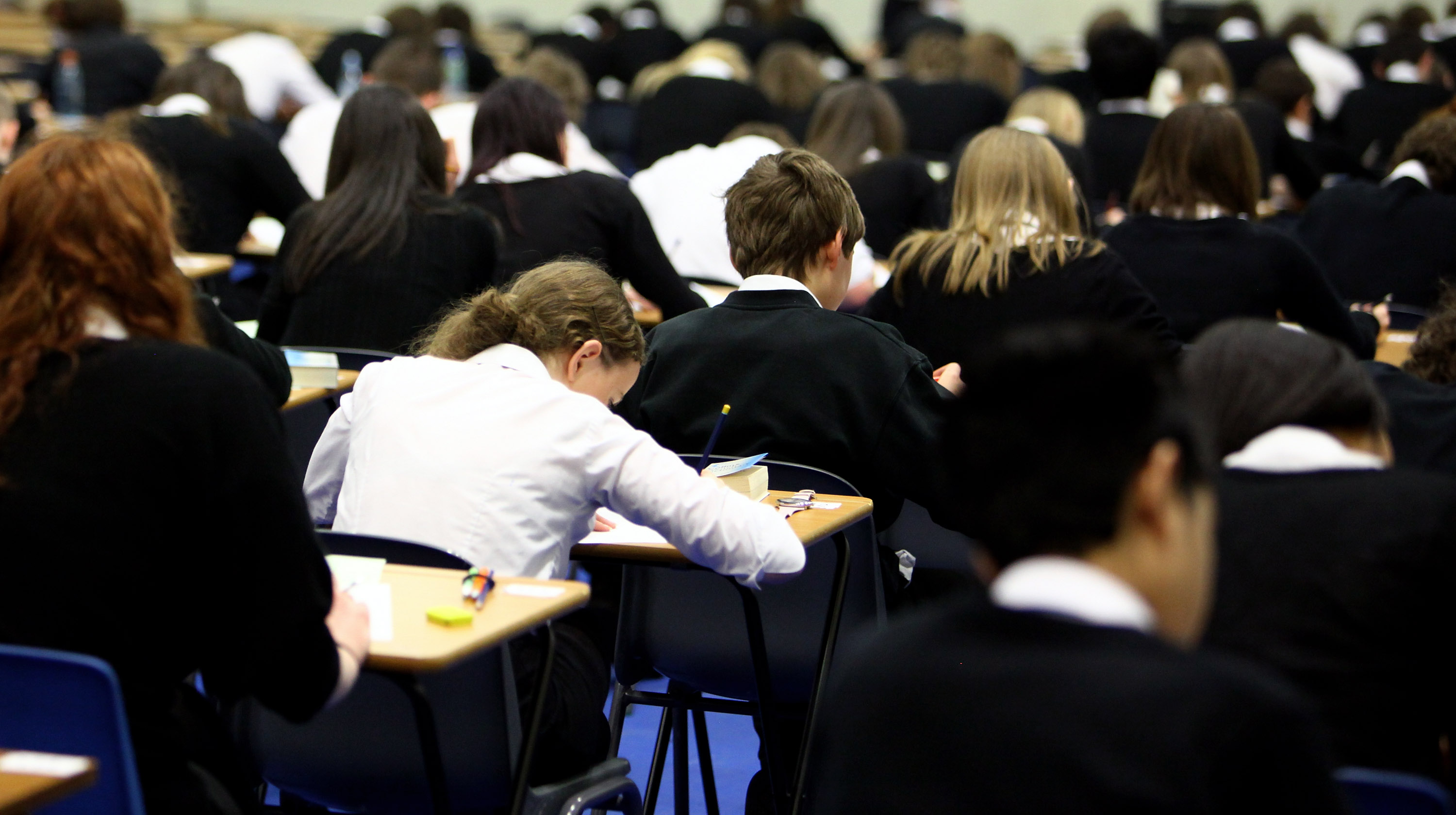 Schoolgirls should learn about orgasms, says Labour MP
Schoolgirls should learn about orgasms, says Labour MPSpeed Read Jess Phillips says overhauling the sex education system will help prevent violence against women
-
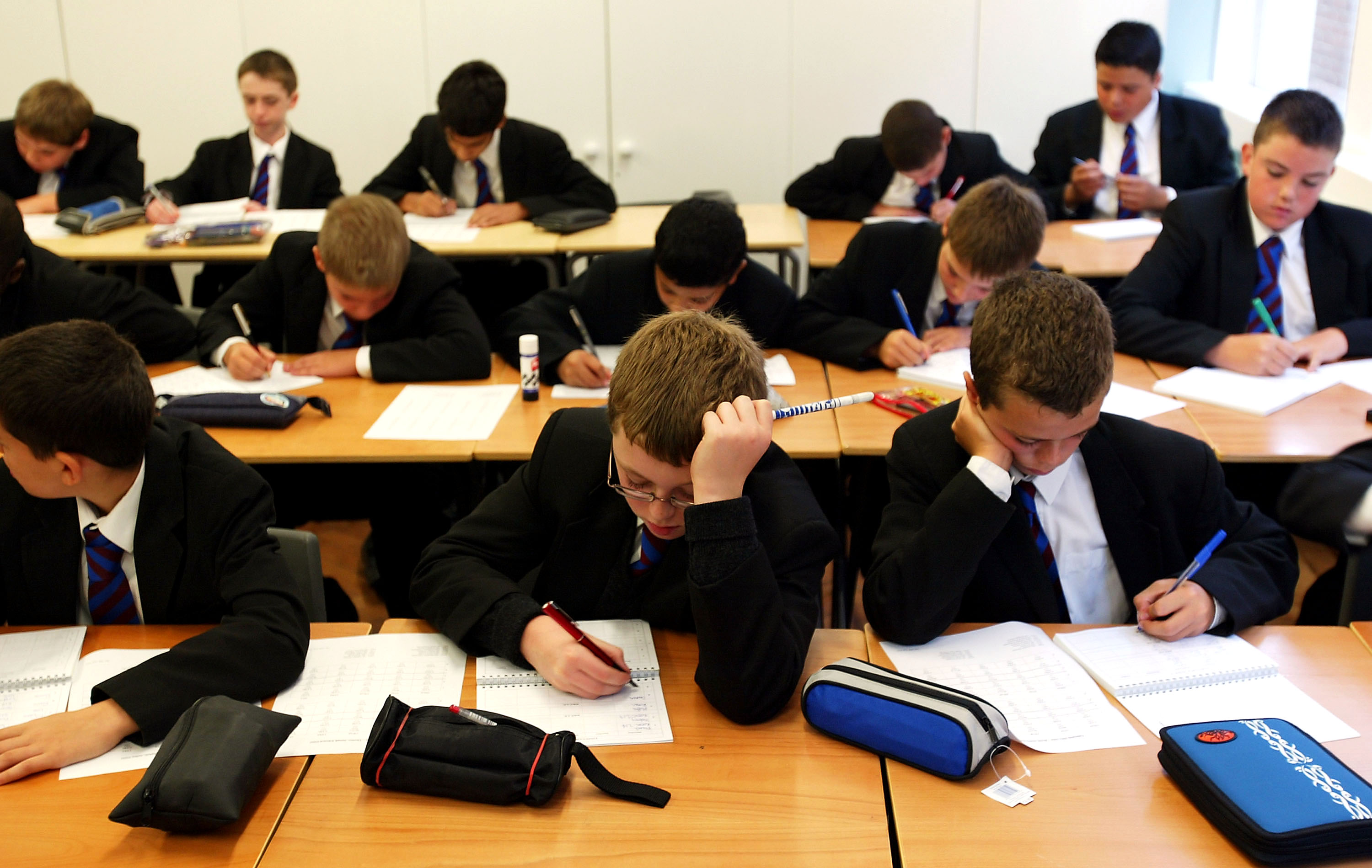 Ofsted head: white working-class ‘less driven than migrants’
Ofsted head: white working-class ‘less driven than migrants’Speed Read Amanda Spielman says lower aspirations to blame for underperforming schools in poor white British areas